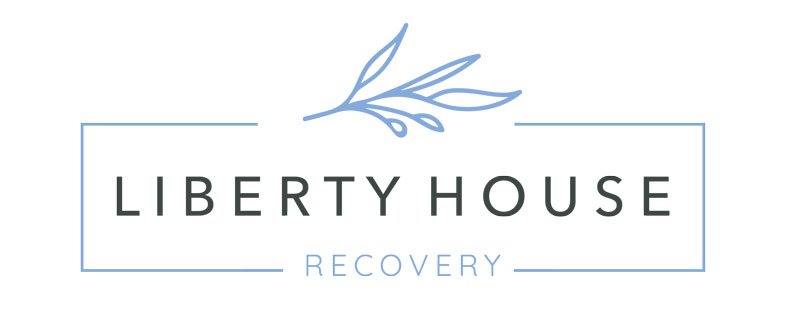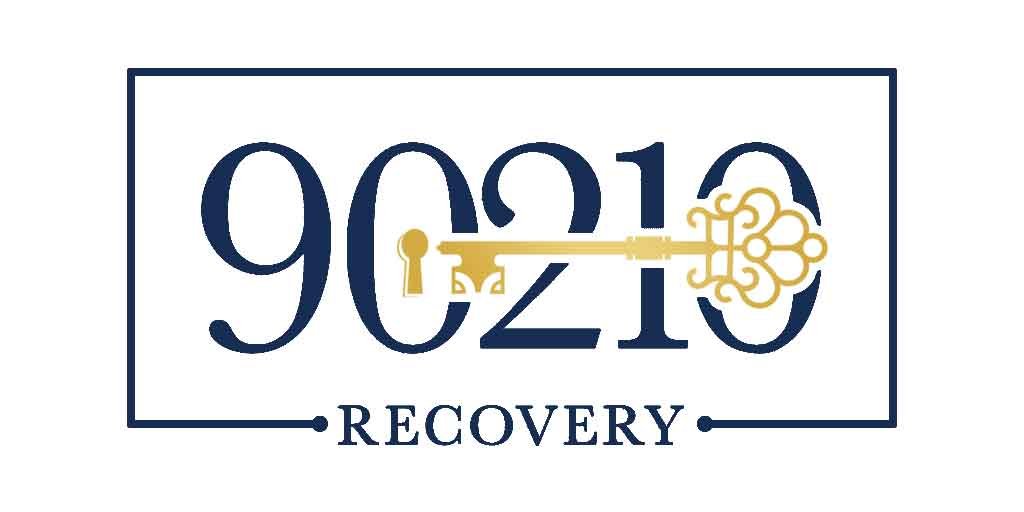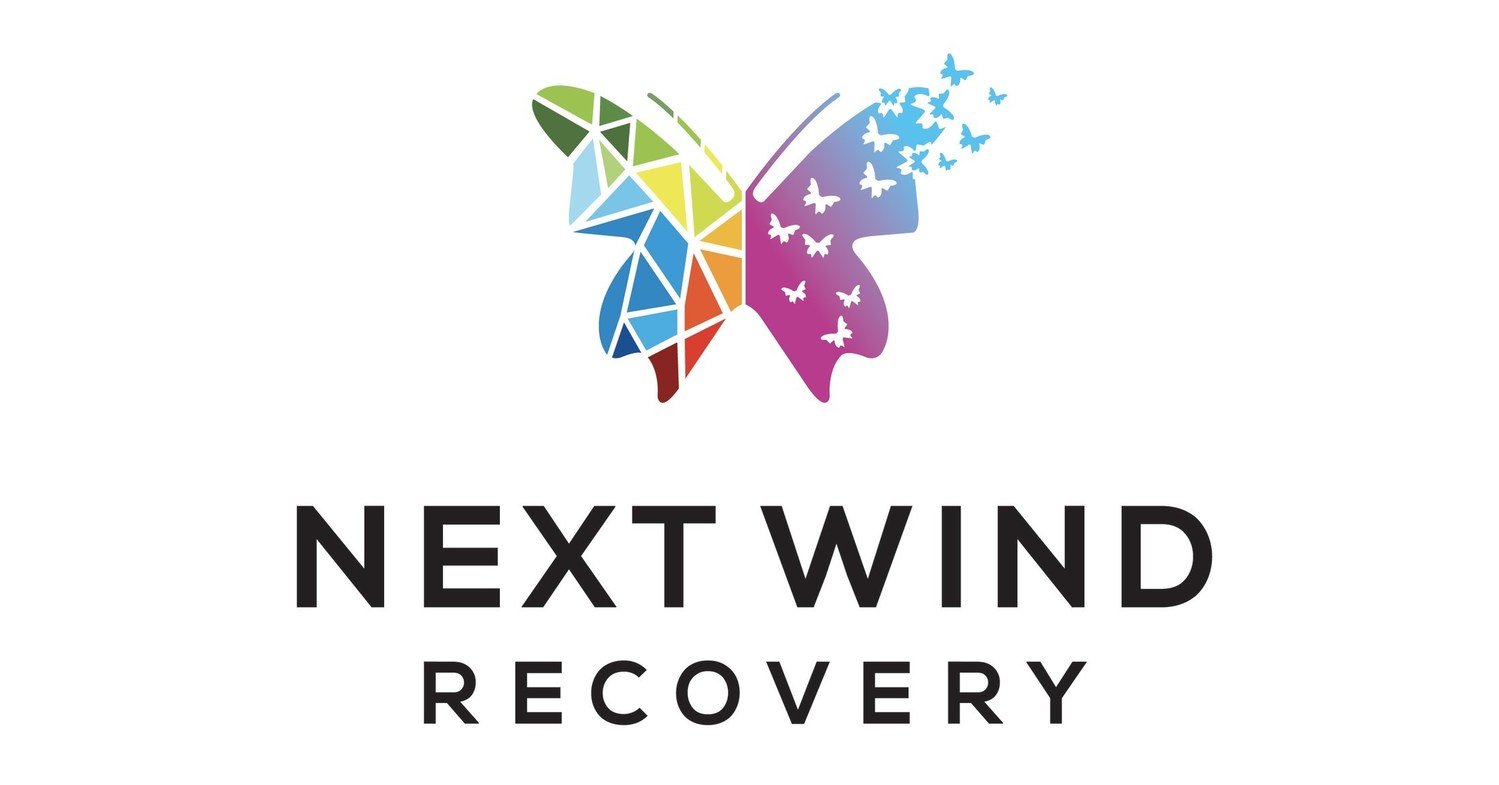Are you wondering how to help others while launching a profitable business? Launching a substance abuse center could be your calling. But most people don't know where to begin.
Starting a treatment program may seem overwhelming, from licensing, staffing, insurance, treatment plans, and facility setup. You want to help people but feel stuck at square one.
The opportunity is massive. Substance abuse has been a growing crisis. Communities everywhere need access to compassionate, professional care.
If you're ready to provide it, you need a solid strategy to succeed. That's where clinical program development and implementation come in.
In this article, you'll learn how to open a rehab. We'll walk through effective program initiation, licensing, staffing, accreditation, and everything in between. Whether you're brand new or need to improve your process, you'll leave this guide informed and ready to take action.
Keep reading to master the tools you need to launch a substance abuse center and change lives, starting with your own.
Why Clinical Program Development Matters
Creating a rehab program without proper planning leads to burnout, low retention, and even legal issues. Successful treatment planning starts with a structured foundation. A clinical program defines how your center delivers care. It includes the following:
Types of therapy offered
How services are scheduled
The expected outcomes for patients
Strong clinical program development ensures:
Higher treatment success rates
Better patient outcomes
Regulatory compliance
Accreditation eligibility
Long-term business sustainability
You can't build a high-impact center without a professional, proven plan.
Step-by-Step Guide to Starting a Treatment Program
Now that you understand why a clinical foundation matters, it's time to put your plan into action. The steps below will guide you through the process from concept to a fully operational treatment center.
Step 1: Understand the Needs of Your Community
Before you create anything, assess your target region.
What substances are most commonly abused? What demographic is most at risk? Where is access to treatment currently lacking?
Program development insights come from research and local data. Use sources like:
SAMHSA
State health departments
Local surveys
Step 2: Build a Solid Business Foundation
You need more than compassion-you need a plan. A realistic structure and clear objectives must back your vision. Every rehab startup should include the following:
Market analysis: Who are your competitors
Service offerings: Detox, outpatient, residential, etc
Budget: Facility, staff, marketing, and licensing costs
Timeline: Set goals for funding, hiring, and opening
The Drug Rehab Agency offers business plan consulting to help new centers define these components in detail.
Step 3: Legal Compliance and Licensure
Every state has specific licensing requirements. You must submit applications, develop policies, and pass inspections.
Key elements of the licensing process include:
Clinical program description
Facility layout
Emergency protocols
Staffing plans
Licensure consulting from professionals speeds up the process and avoids mistakes. The Drug Rehab Agency supports new rehab owners through state-specific regulations and paperwork.
Step 4: Create Evidence-Based Treatment Programming
Design your services using proven therapy models. Your clinical approach should be grounded in evidence-based practices that address diverse client needs. Options include:
Cognitive Behavioral Therapy (CBT)
Medication-Assisted Treatment (MAT)
12-Step Facilitation
Motivational Interviewing
Treatment program strategies should include:
Individual and group therapy
Family counseling
Relapse prevention
Aftercare planning
A strong treatment framework improves success rates and prepares you for accreditation.
Step 5: Hire and Train the Right Team
Your team drives your mission. Building a capable, passionate staff is one of the most important steps in the treatment center's success. Hiring licensed, credentialed professionals is essential. Roles often include:
Clinical director
Therapists
Nurses
Case managers
Support staff
Staffing and training services are available through The Drug Rehab Agency, helping you find qualified professionals who align with your treatment philosophy.
Proper training ensures your staff delivers ethical, consistent, and effective care.
Step 6: Set Up Operations and Documentation
A clinical program is only as good as its daily implementation. Daily operations are where your strategic plans turn into real-world care. You need:
EMR systems for record-keeping
Schedules for therapy sessions
Intake and discharge protocols
Drug testing policies
Insurance verification systems
Clinical implementation techniques include using tech solutions like Kipu or other EMRs to streamline documentation and care tracking.
Step 7: Apply for Accreditation
Becoming accredited by The Joint Commission or CARF adds credibility and trust. Accreditation also helps with insurance reimbursement and sets you apart from competitors.
To become accredited, you must demonstrate:
Standardized treatment delivery
Outcome measurement tools
Staff qualifications
Continuous quality improvement
Agencies like The Joint Commission offer step-by-step requirements. The Drug Rehab Agency helps you prepare for audits and meet compliance standards.
Step 8: Secure Funding and Insurance Partnerships
Most patients rely on insurance. You need to get in-network with major carriers. This requires:
Clinical documentation
Billing codes
Consistent care delivery
Consider also applying for grants. SAMHSA and state programs offer funding to facilities that meet specific criteria.
Insurance and grant consulting services from The Drug Rehab Agency streamline these tasks so you can stay focused on care delivery.
Avoiding Common Pitfalls in Program Implementation
Planning is only half the journey; executing it is where real success begins. Effective program initiation avoids the most common startup mistakes:
Underestimating the time to get licensed
Hiring unqualified staff
Not preparing for accreditation
Poorly defined clinical services
Ignoring data and outcomes
How to Open a Rehab Center With Confidence
Opening a rehab center requires more than preparation. It demands confidence in your plan and partners. When you're ready to move from planning to action, consider these final tips:
Partner with consultants who've done it before
Choose tools and systems that support your vision
Focus on quality care, not just capacity
Don't skip accreditation prep
Keep patient needs at the center of your decisions
Starting a Treatment Program Has Never Been Easier
Starting a treatment program may feel overwhelming, but you're not alone.
The Drug Rehab Agency, based in Florida, is your partner in success. We help people just like you with business planning, licensing, staffing, grant writing, insurance setup, marketing, and clinical implementation techniques that create results.
Our experienced team works quickly and directly with you with no guesswork. We bring strategy, speed, and clarity to your vision.
Ready to learn more about how to open a rehab that can help save lives? Contact The Drug Rehab Agency now, and let's build a center that changes lives.








